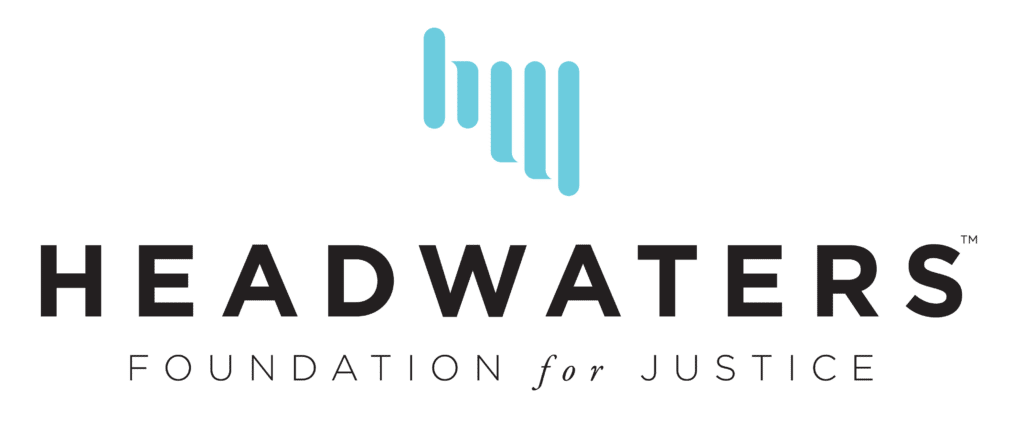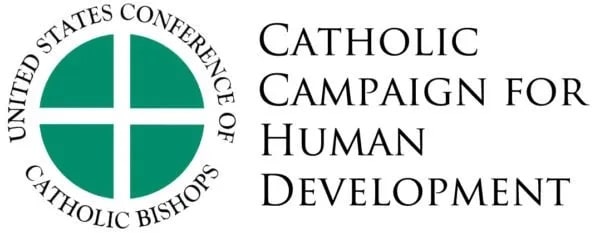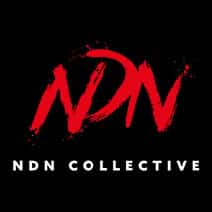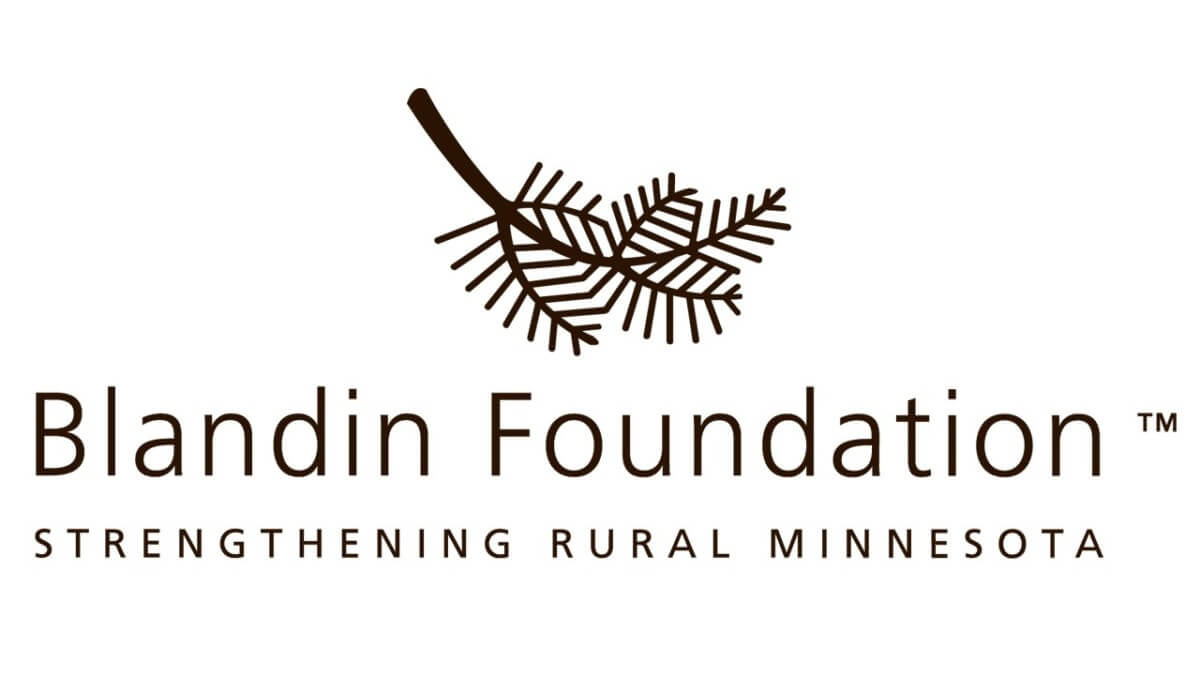About Us
The Niibi Center was initially developed through a two-year engagement process involving dozens of Native people participating in arts-based visioning sessions. With support from elders, Native people across multiple Anishinaabe communities and other tribal nations, tribal colleges, tribal governments, and funders, the purpose and activities for the Center were identified.
Guideposts
Community stakeholders established the following guideposts for Niibi Center operations and programming; the Center’s strategic plan is based on these community guidelines:
- Elders guide the Niibi Center, serving as teachers and cultural advisors to participants in Center programs and services.
- Women are involved in leadership and programs, protecting and empowering women’s voices and traditional leadership roles on behalf of water.
- Tribal colleges partner with the Niibi Center to align programs, services, resources and facilities in ways that best benefit native communities.
- Tribal governments and tribally-run natural resources and biology departments are productive, active partners.
- Science-Based organizations and individuals, where wanted and appropriate, can help the Niibi Center as requested.
Our Team
The Niibi Center has a diverse and committed team of employees, contractors and Board Members who all share a passion for protecting and promoting the Anishinaabe way of life.
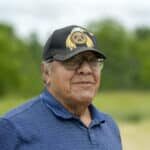
Joseph LaGarde
Joe is the founder of the Niibi Center and longtime community activist and advocate for his people. He has also served as the Chief of Staff to the White Earth tribal chairwoman, the tribal archivist, and tribal constituent services coordinator. Joe, along with many others, helped bring fair elections and accountable government to White Earth. Joe has also served on the Minnesota Historical Society’s Native American Advisory Committee, the Science Museum of Minnesota’s Native American Advisory Committee, the University of Minnesota’s President’s Advisory Council on Out of School Time, the University of Minnesota’s College of Human Ecology Dean’s Advisory Council, and ongoing cultural advisor to the University of Minnesota on appropriate, respectful relationships with tribal nations and wild rice research. Joe is an enrolled member of the White Earth Nation.
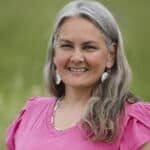
Kimberly Anderson

Amy Myszko
I currently live and work on the White Earth Reservation in northwestern MN, although I am originally from Colorado and spent a number of years living in New Mexico. In 2021, I spent 9 months living and working in pipeline resistance camps in northern MN. I served as the logistics coordinator for the Manoomin Ganewendang Endazhigabeshing (wild rice protector camp) from March through October 2021, and I have been working for the Niibi Center since September, 2021. I hope to continue protecting the water and uplifting indigenous women through my future work.
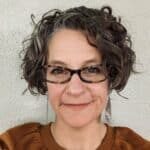
Amy Moser
Amy is a mom and a full time consultant working with many different kinds of nonprofit and government projects striving to improve health, access and outcomes for historically marginalized or excluded communities in Minnesota. Her passion is connecting people to resources - financial and human. Amy has been working with Niibi Center since 2018. She has over 20 years of experience building and managing programs in nonprofit and government settings. She's been a case manager, a program builder, a policy analyst, a librarian, a grant writer and prior to consulting, served as as the Executive Director of The Aliveness Project in Minneapolis.
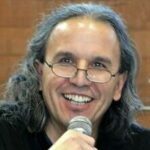
Terry Janis
Our Board of Directors
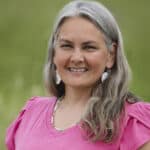
Aaniin, Biidaabanikwe nindizhinikaaz, Kim Anderson zhaganaashiimong. Makwa nindoodem, gaawaabaabiganikaag nindoonjibaa, besho gaa-niizhoogamaag nindaa. Ninitaawigi’aag niizh nindaanisag.
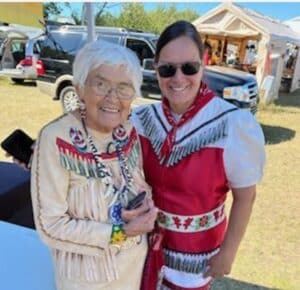 Boozhoo! My English name is Emily Annette, my clan is the Wolf. I have lived most of my life on my reservation, White Earth; first growing up in Pine Point and now living in Callaway. I enjoy spending time with my grandchildren, and I have a passion for the arts. I hold a Bachelor of Science Degree from the University of MN-Twin Cities, and a Masters in Tribal Administration and Governance from the University of MN-Duluth. I currently work with Tribal Elders through the White Earth Home Health Program. I have served on the Niibi Center Board of Directors since 2016.
Boozhoo! My English name is Emily Annette, my clan is the Wolf. I have lived most of my life on my reservation, White Earth; first growing up in Pine Point and now living in Callaway. I enjoy spending time with my grandchildren, and I have a passion for the arts. I hold a Bachelor of Science Degree from the University of MN-Twin Cities, and a Masters in Tribal Administration and Governance from the University of MN-Duluth. I currently work with Tribal Elders through the White Earth Home Health Program. I have served on the Niibi Center Board of Directors since 2016.
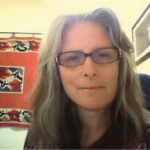 (no bio available)
(no bio available)
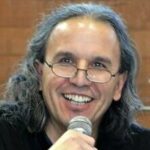 (no bio available)
(no bio available)
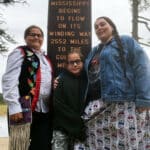
Aaniin, Ogiimaagiizhigookwe indizhinikaaz. Maa'iingan indoodem. Gaawaabaabiganikaag indoonjibaa. Gaa-niizhogamaag indaa. Waabinoo Bines izhinikaazo ingozis miinawaa ishkwejaagan Gitigaan izhinikaazo.
Hey, I'm Crystal and I am raising two sons, Waabs and Git, over here in Naytahwaush, Mn. I have a BS in Criminal Justice from Bemidji State University, a BA in Ojibwe Elementary/Middle School Education from the University of Mn-Duluth, and a Masters in Tribal Administration and Governance from the University of Mn-Duluth. Currently I am the K-2 Ojibwe Language Teacher and a reading Interventionist for first grade at the Naytahwaush Community Charter School. My family participates in drum, dance, and cultural arts.
(no bio available)
Identity and Responsibility
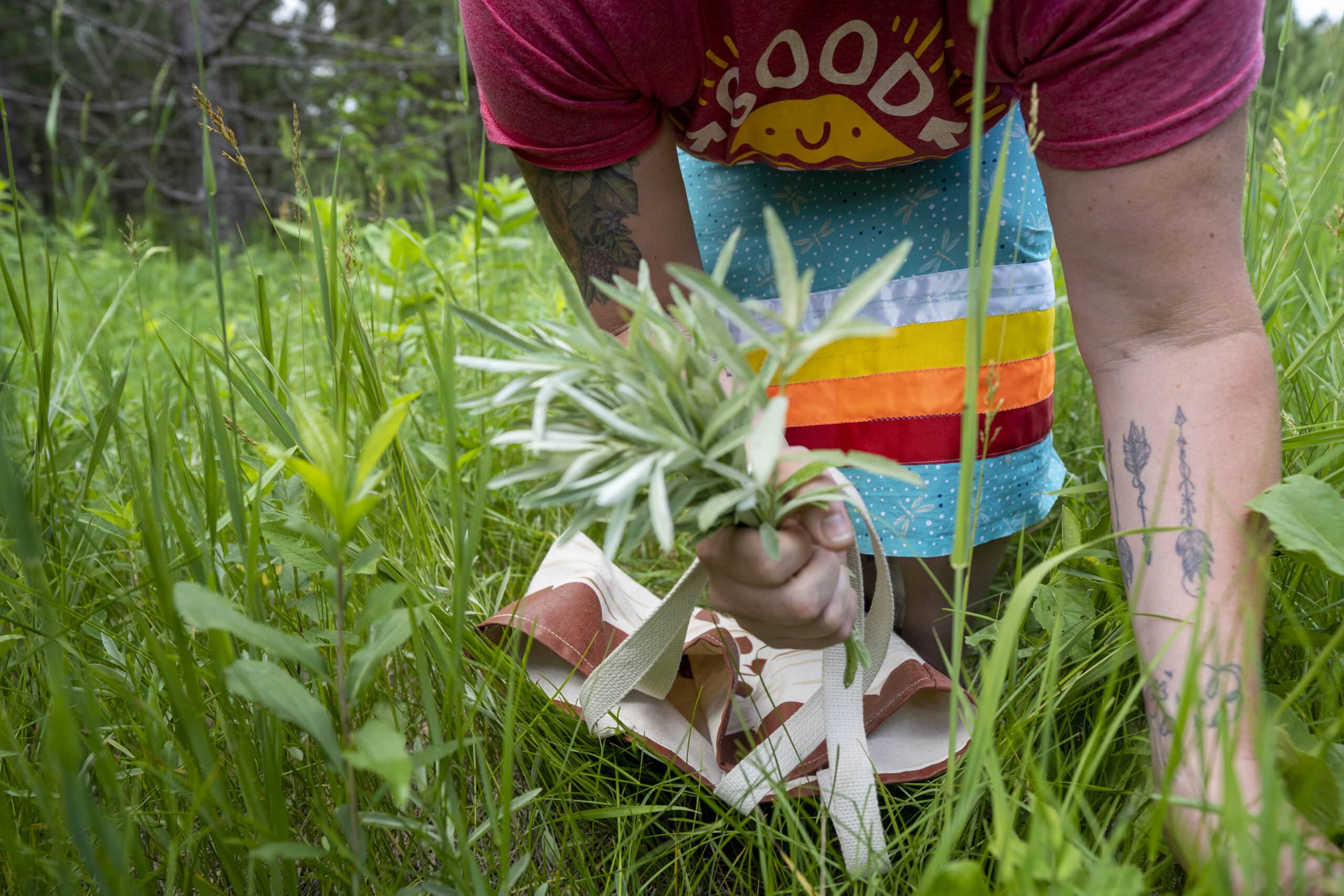
OUR PROPHECY
As part of our prophecy of the Seven Sacred Fires, Anishinaabe people migrated to the Woodlands region many thousands of years ago. Our ancestors sought ‘the good berry that grows over the water’–a prophecy gifted to them from the Creator through visions of their elders. Today the good berry is known as manoomin. By following the traditional teachings and ceremonies taught to us by our elders, we have cared for our manoomin (wild rice) and niibi (water). It is our sacred responsibility to these relatives. We care for niibi and manoomin, and they care for us. Our stories, present and future are intertwined through prophecy.
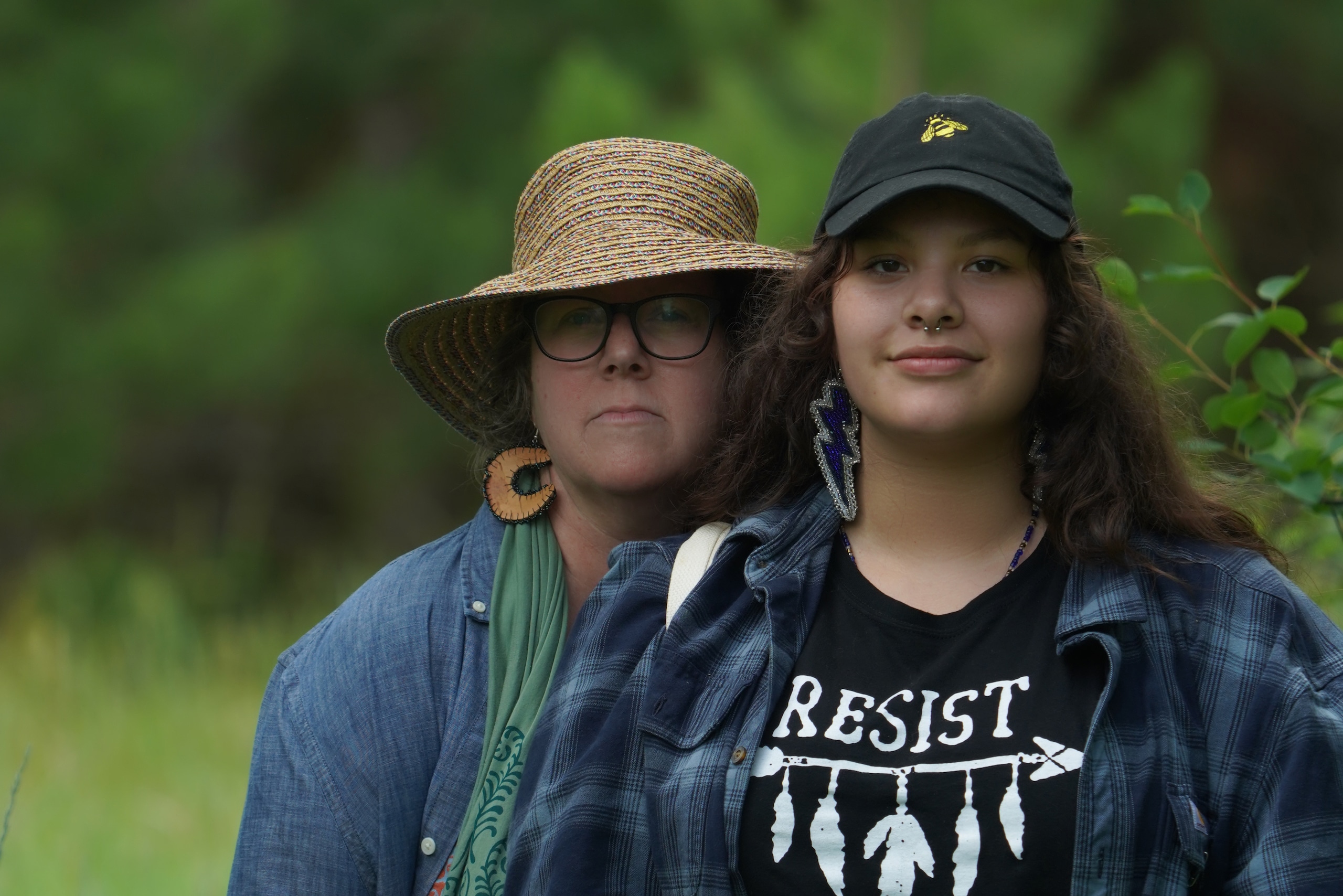
OUR INDIGENOUS FUTURE
Yet these times are different. As we look to the future, we ask ourselves how we maintain our traditions, care for niibi and manoomin in the way the elders have taught, fulfill our prophecy, and become resilient, sovereign Anishinaabe nations. The Niibi Center is designed to be a gathering place for Anishinaabe people to fulfill our prophecy, sharing teachings around niibi and manoomin, leading our traditional ceremonies, working for policy that protects our Mother Earth, and preserving our traditional language.
Core Values
Indigeneity
Sustaining Life
Preserving and Teaching Ancestral Teachings
Constructive Action
Helping People
Sharing Stories
Traditional Ways of Teaching and Learning
Stages of Life
Anishinaabe Way of Life
Humor
Children and Elders
Vision
Anishinaabe communities know and understand their language, teachings, and ceremonies to fulfill mino-bimaadiziwin (the Good Life) and sacred promises and responsibilities for niibi (water) and manoomin (wild rice), and all of nature for future generations.
Mission
The Niibi Center is dedicated to supporting the traditions of the Anishinaabe (Ojibwe) that have, throughout our presence on this continent, respected the waters of our world through action, ceremony and ritual. The waters are living and need the care we can offer to sustain them in a healthy way or we all suffer.
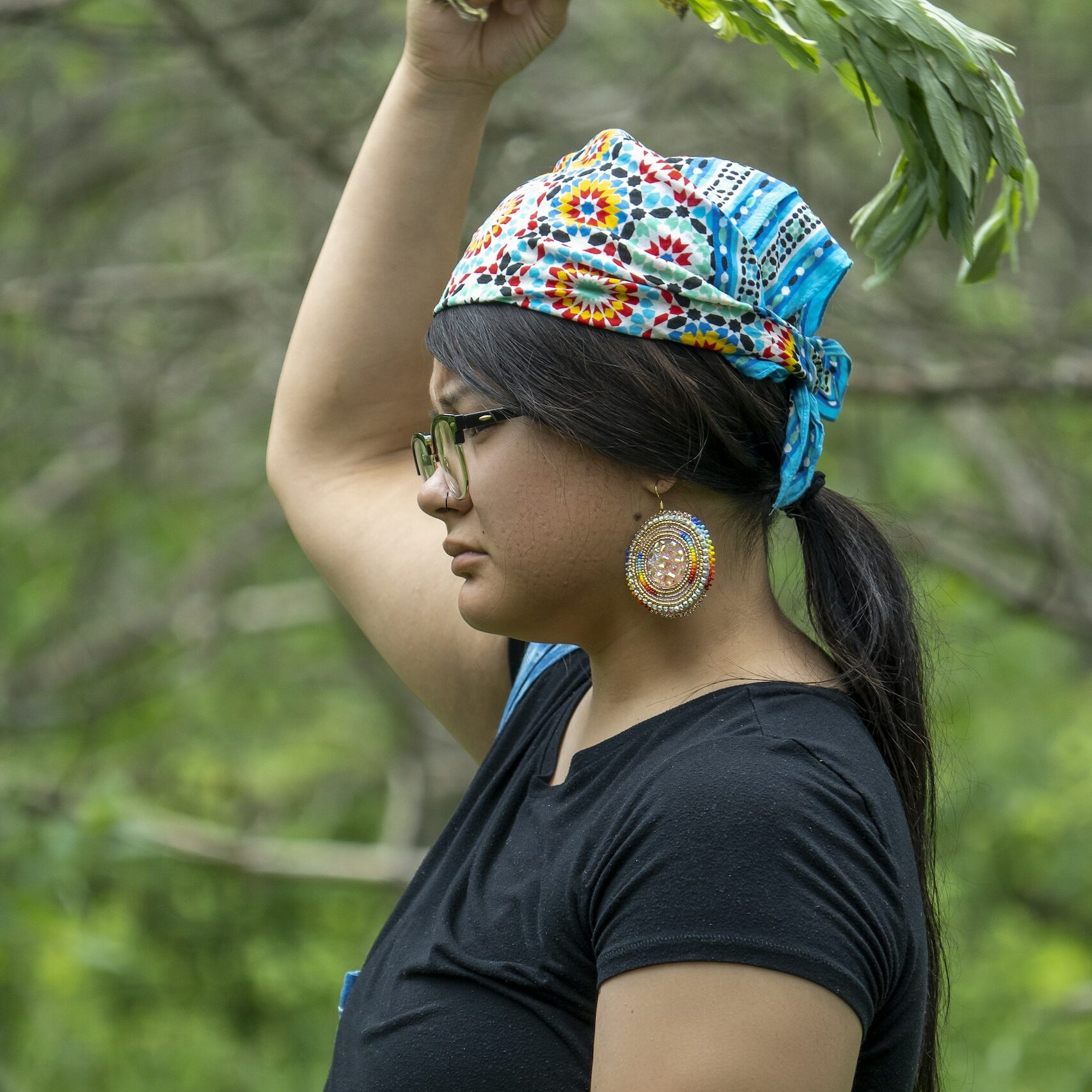
Our Funders
The Niibi Center serves Anishinaabe nations and people throughout the Woodlands, other tribal nations and people working to protect water and the earth, and non-Native people interested in supporting and learning from our efforts.
Earl and Kathy Hoagland Sacred Manoomin Fund
(Fund managed through Catholic Rural Life)
Water Protection Today
In Minnesota, Wisconsin, & Canada
Our people have been leading the efforts to protect the water throughout Minnesota and Wisconsin from contamination and danger as a result of oil and gas pipelines.


